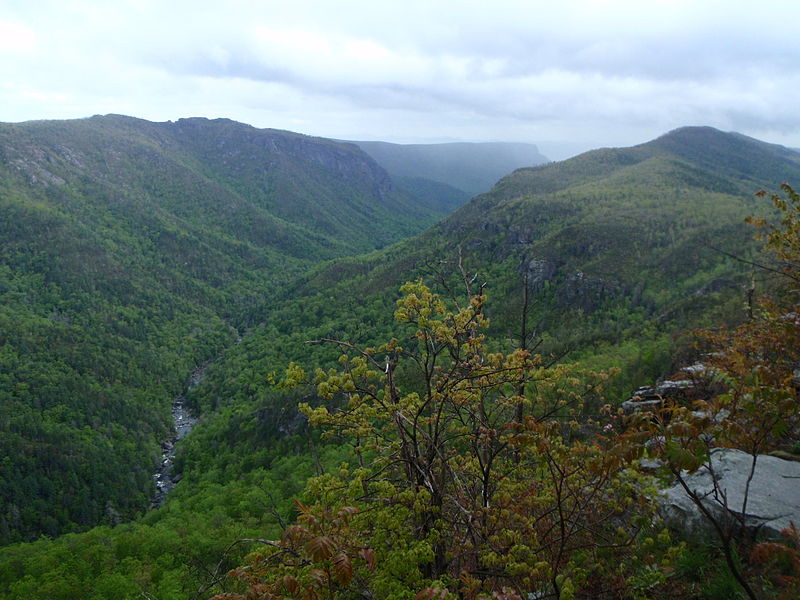Copland, Appalachian Spring
We have been through a series of posts recently on 20th-century American music, but we need to consider Aaron Copland (1900-1990) before moving on.

Copland filled his works with evocations of America, using folk tunes, hymns, and American dance rhythms. But he didn’t specifically set out to portray Appalachia in this ballet. In fact, the title was given by dancer and choreographer Martha Graham, who had commissioned the work in 1942. It premiered in 1944 and won the Pulitizer Prize for music in 1945.
The work features the Shaker hymn “Simple Gifts” within a pastoral setting. But Copland transforms this simple material with polyrhythms and robust brass. It has become one of the most popular American musical works of the 20th century. Copland had begun writing abstract musical works typical of the time, but he ended up taking a different course.
Many, like Copland, came to feel that an unprecedented gulf lay between the modern composer and the audience. “It seemed to me,” Copland wrote, “that we composers were in danger of working in a vacuum. Moreover, an entirely new public for music had grown up around the radio and the phonograph. It made no sense to ignore them and to continue writing as if they did not exist. I felt it was worth the effort to see if I couldn’t say what I had to say in the simplest possible terms.”
David Dubal, The Essential Canon of Classical Music.
Copland original scored it for just 13 instruments, so the small size of this ensemble is appropriate. The Kaleidoscope Chamber Orchestra focuses on “collaborative” performances—with no conductor. I’m not that having no conductor necessarily helps a performance. But this is not to argue with the results. They have filled their ranks with youth, energy, and accomplished musicians. I suspect, based on what I’ve heard so far, that you may find them featured here again in a future post.



